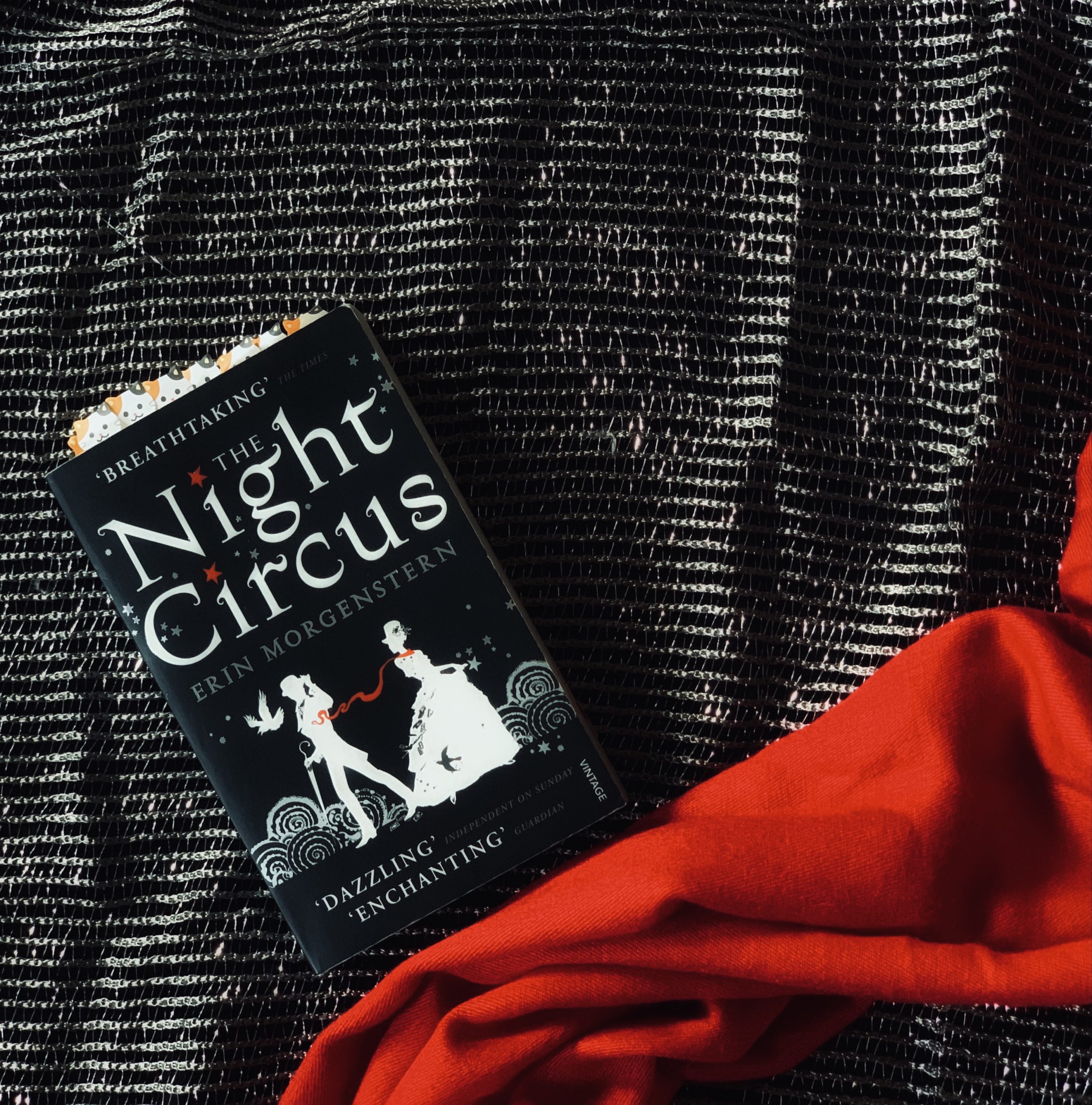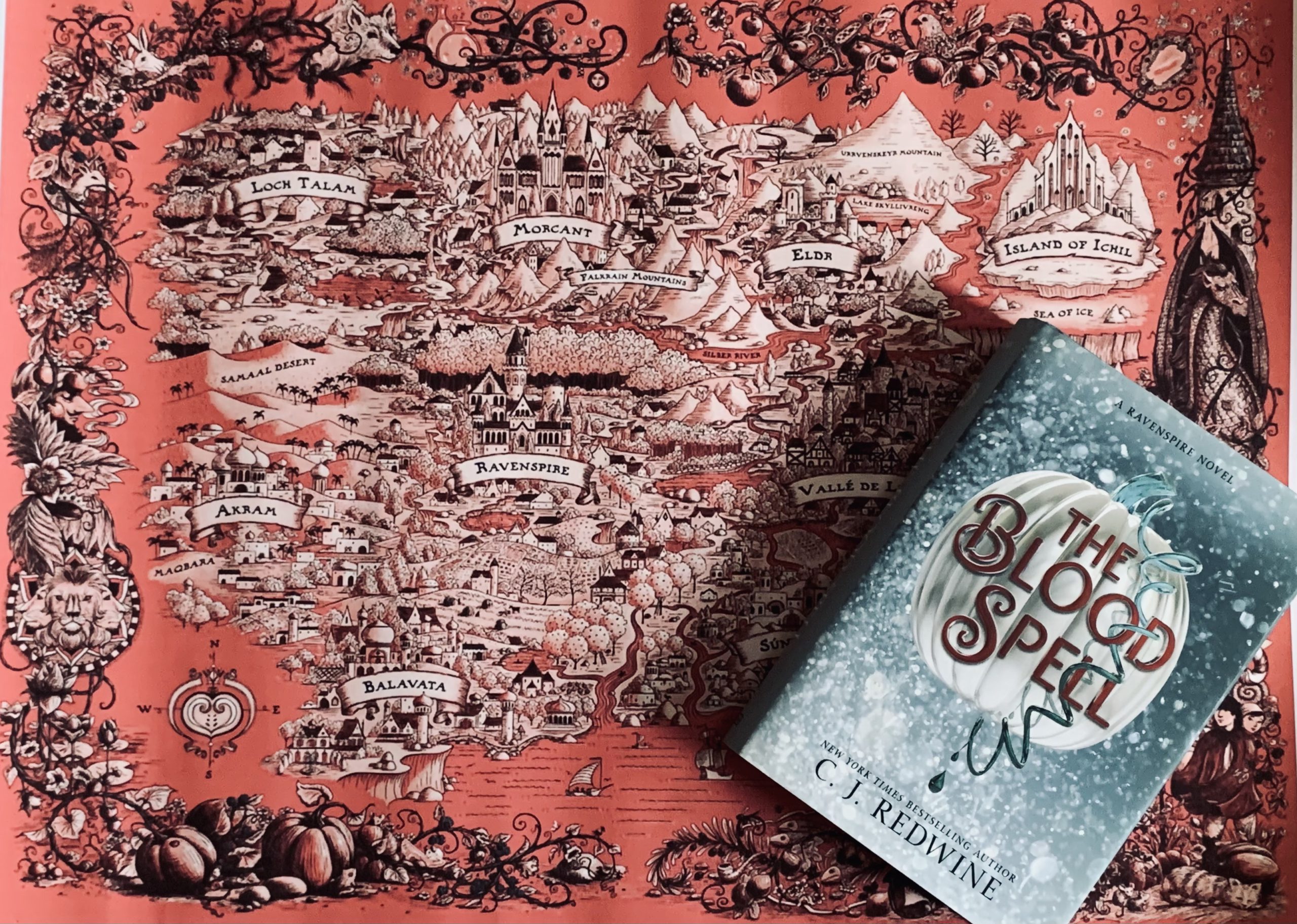- By The Zoya Project
- December 1, 2018
- 0 comments
Often I feel, mythology teaches us so much about life that we seldom take the time to learn. It shows us the immensities of the world that we are incapable of understanding through characters who live through great wars and tragic romances and shoulder burdens that seem to be so heavy they can break the brittle bones of humans.
This hasn’t been my first foray to Greek mythology, in fact, I consider myself a self-claimed expert of sorts because I’ve been reading it since I was eight. I wouldn’t write a thesis on it but I know the stories of the Gods and the Titans and all the hybrid monsters they seem to spawn through the ages when Olympus stood tall. But like all modern mythology about women, Madeline Miller’s Circe reads as an epiphany. It is truly magical storytelling, from the development of Circe’s character to the lessons of Gods and mortality and the truly wonderful writing.
Madeline’s writing is so lovely. It’s the carrier of the story more than anything else. It flows like poetry, the metaphors stunningly beautiful, so lyrical they feel melodious on my tongue as I read and yet it isn’t verbose prose. It feels simple and the story shines amidst the incandescent language. Even if one isn’t a fan of mythology or retellings, anyone who is a fan of the English language should read this novel.

BUT IN A SOLITARY LIFE, THERE ARE RARE MOMENTS WHEN ANOTHER SOUL DIPS NEAR YOURS, AS STARS ONCE A YEAR BRUSH THE EARTH. SUCH A CONSTELLATION WAS HE TO ME.
~ Madeline Miller
The story itself is wonderfully written. It follows the sorceress Circe from the time of her birth and tracks her immortality. For any Percy Jackson fans out there you might remember Circe as the evil enchantress from The Sea of Monsters novel who turns Percy into a guinea pig. I never understood her when I read Riordan’s books, books that I adore even now. So when I picked this up I had the faintest idea of who Circe was. But even for readers unfamiliar with her from mythology, everything of importance is covered. Siblings, Gods, Nymphs and lovers of interest are all fleshed out through the course of Greek histories, culminating in stories around Circe’s own world and in turn leaving food for thought for the readers.
It’s actually interesting to wonder how much of history we actually know. History is written by the winners, yet in the course of man, everyone has lost. So when we read history or myth how do we know what we’re reading is true and if true what are the depths behind that truth, what brought it about? I think it’s so interesting because as the enchantress who turned men into pigs every time they came ashore her island, Circe is vilified in classical mythology. And history will forget that she was brutally raped by a man which led her down the path of turning them to pigs. And reading it the way Madeline has written it brought tears to my eyes. Mythology was after all written by a man, so why shouldn’t the raped woman be made the villain for what she reaps as her revenge. If it had been written by a woman perhaps Circe would have been seen as a queen. Why when Zeus the King of Gods can rape and spread it around with no consequence, plundering women’s wishes and agency, what will stop the other Gods. What will stop the men who worship the Gods? For if the King of Gods can rape then so can all men. It’s an interesting perspective and one that isn’t considered when we study history and myth. Especially that which surrounds women. It’s a perspective that’s brought about with such subtlety, handled with grace because for so many women today agency of any kind is still hard to come by and with rape laws being what they are it’s so important to see the stories of women from women.
I really loved that Circe was given many lovers rather than portraying her as a sort of virginal witch who had been wronged. In my personal opinion, humans or souls are not supposed to grow together. The soul evolves and has different needs as it does and so no on human might fulfil it. Marriage is but a mortal construct and it often falls short of expectations and through myth and history, we see women being measured through men, their fathers or brothers before they are married and then-husband when they are. Circe refuses to be measured by a man and I really liked that Madeline introduced the concept of her taking lovers. It feels so much more realistic that she chooses to grow differently alongside each of the men, taking charge of the role they play in her life rather than seeing herself playing a role in theirs.
The idea of mortality is poignant in this book. The way it’s paced is phenomenal, it moves slowly and yet years pass in Circe’s life as she collects stories from mortals and makes her way through immortality. Perhaps that is the beauty, as an immortal time feels endless and like it passes far too quickly all at once. You are surrounded by an infinite presence of immortality in your life while faced by the shorter life spans of your lovers and demigod children. There’s no other way to describe the pacing other than phenomenal.
I loved seeing the way different stories from the Odysseus and Illiad were interwoven into Circe’s tale. They never overshadowed her own story, drawing her in and making her the focus and yet they brought the age-old tales across effortlessly. My personal favourite was witnessing Pasiphae birth the Minotaur. But there are a myriad to choose from, Medea and her madness, Scylla and Charybdis, Trygon. There are stories within stories within stories. Effortless.
So much more can be said about how truly poignant this book is. But it will be like trying to find a lone pearl floating amidst the ocean. The immensities of the world are best read through Circe as she explores being an outsider, standing between mortals and immortals, learns her craft, finds herself, survives and simply be’s. Madeline Miller has crafted a masterpiece and saying anything more will simply take away from it. Five golden stars and a recommendation to anyone who loves to read.



